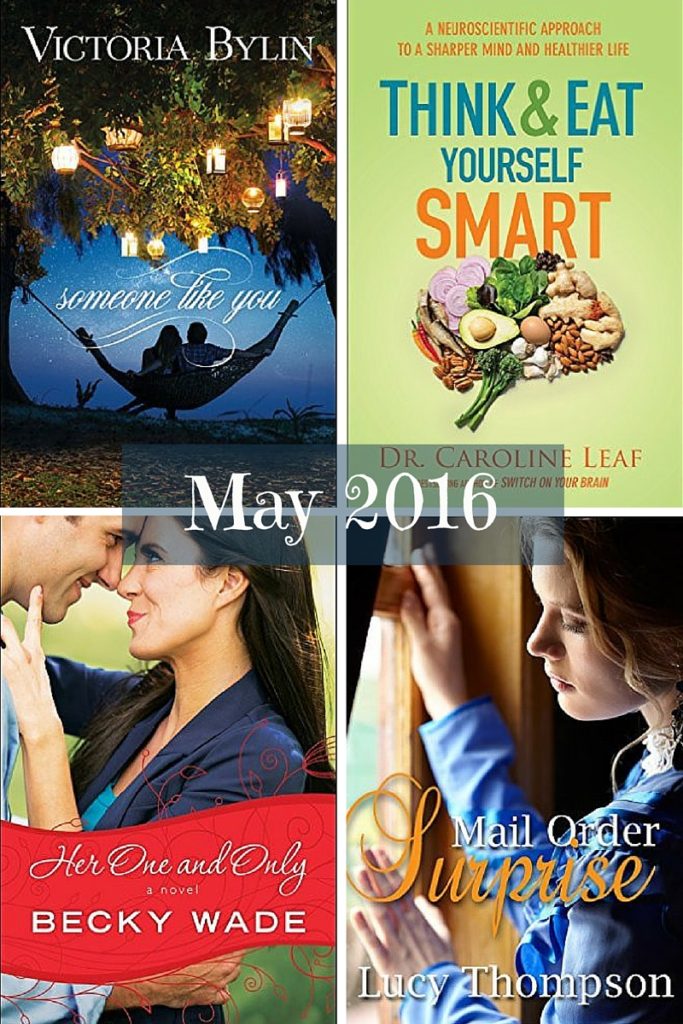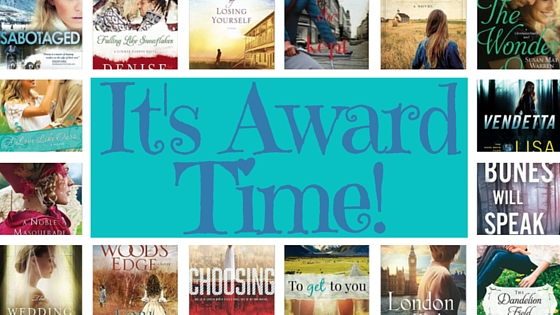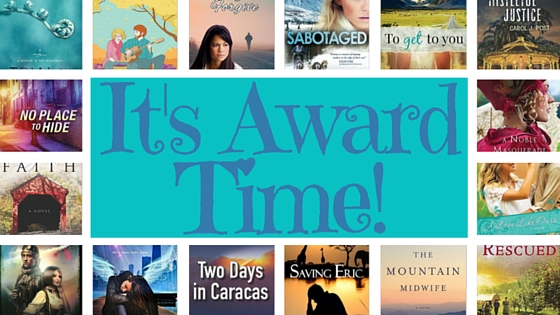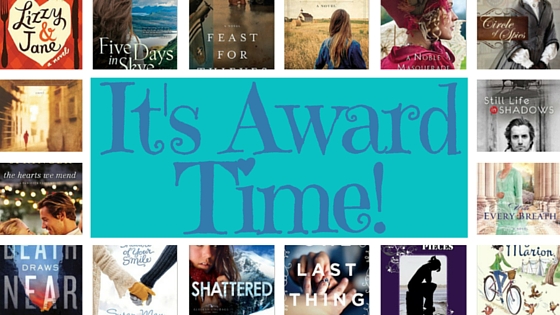If you’ve signed up for my monthly Newsletter, you’ll already have receive my entirely biased list of 50 novels from my favourite Christian authors. If you haven’t, sign up on the right!
Today I’m reviewing Invisible by award-winning author Ginny Yttrup. And if you think Invisible sounds good, it is—but Words is even better.
Invisible
Ellyn De Mossmid is in her forties, and is the owner and chef of her own restaurant. Sabina Jackson is a counsellor on leave with stress issues and mild depression. Dr Miles Becker is a healer recovering from the truth that he couldn’t heal his own wife, and Twila Boaz is a recovering anorexic who works in her mother’s health food store while waiting to see where God leads her.
Miles describes Ellyn as witty, intelligent and beautiful. Her voice certainly comes across as witty and intelligent, whereas Miles is more distant, his formality no doubt a product of his grief–and perhaps his guilt. Sabrina tries to be upbeat and professional, but there is something there that might be a lie, while Twila has a wisdom beyond her years. They form an unlikely group of friends, each learning from the others… and there might even be a little romance in there somewhere…
Ginny Yttrup’s first novel, Words, was a finalist for two Christy awards and winner of one, and after just three chapters of Invisible I could see why. I am in awe of her writing. What is even more amazing is that the writing is unobtrusive. I wasn’t reading it and thinking ‘oh, this is great writing’. I was totally engaged in her characters and the story she was telling. It was only as I paused to reflect on the story that I saw how good the writing is, how she has managed to write four quite different characters all in the first person (and in present tense, no less), each with their own unique voice.
Invisible is about finding beauty in God’s creation, including ourselves, and understanding that God’s standard for beauty is not the commercialised and sexualised standard we see in contemporary media. It’s a beautifully written reminder that we are created in the image of our mighty God. Recommended.
Thanks to and NetGalley for providing a free ebook for review. You can find out more about Ginny Yttrup on her website, and you can read the beginning of Invisible here:












